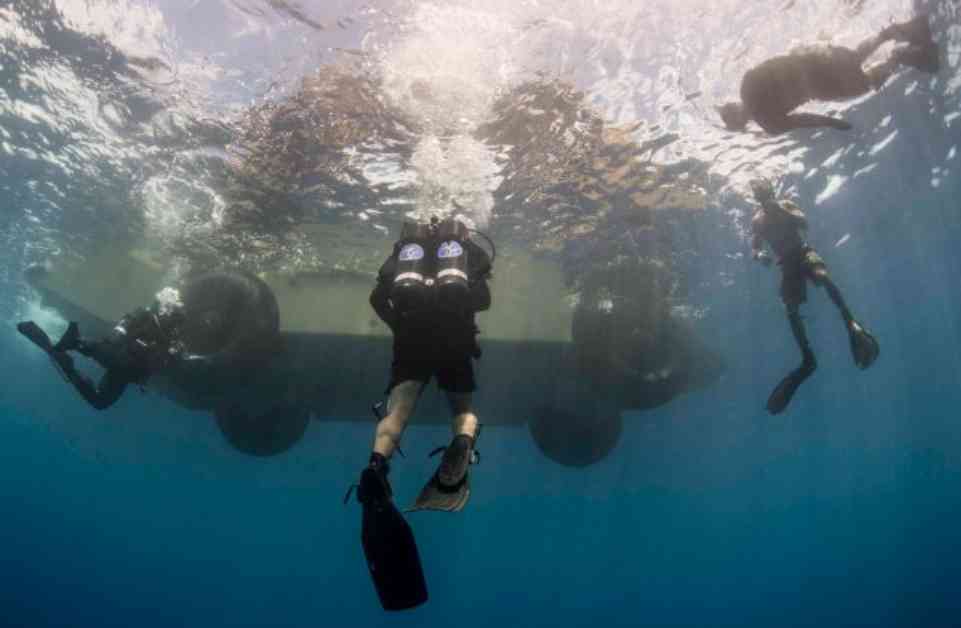Protecting Taiwan’s Undersea Cables: Legal Insights on Critical Infrastructure
The global internet relies heavily on around 300 submarine cables that carry 99% of internet data traffic. These undersea cables are the backbone of global connectivity, and any damage to them could potentially bring the internet to a standstill. For Taiwan, an island nation that heavily depends on maritime trade and communication, these submarine cables serve as a lifeline to the world. Despite their critical importance, these cables often operate silently at the bottom of the ocean, with little attention paid to their inherent vulnerability and the risks they face.
In 2023, Taiwan experienced several incidents of external damage to its undersea cables near offshore islands. For example, in February 2023, a Chinese fishing vessel accidentally severed a cable connecting Taiwan and Matsu Island, leaving Matsu without stable internet access for nearly two months. This disruption had significant consequences, with residents facing delays in sending even simple text messages and being unable to access data-heavy content. Payment and service systems that rely on electronic connections were rendered unusable, forcing a return to cash transactions and face-to-face interactions. The disruption also led to a severe information flow breakdown, leaving residents unaware of external events and the outside world unable to monitor local conditions.
The recurring incidents of cable disruptions to offshore islands serve as a reminder of the critical role these undersea cables play as key infrastructure in a world where digital technologies are deeply integrated into everyday life. These incidents highlight the need for robust protection measures to ensure the uninterrupted flow of data and communication.
From an international law perspective, two key treaties pertain to the protection of submarine cables. The 1884 Cable Convention criminalizes intentional or negligent damage to submarine cables that could disrupt telegraphic communication. It allows signatory nations to inspect vessels suspected of damaging submarine cables and mandates legal liability for such damages. The 1982 United Nations Convention on the Law of the Sea (UNCLOS) incorporates provisions for protecting undersea cables and grants countries the freedom to lay submarine cables while obligating coastal states to protect them.
While these international treaties provide a legal framework for the protection of submarine cables, there are limitations in enforcement and applicability, especially in Taiwan’s unique geopolitical situation. To address these limitations, Taiwan has taken steps to strengthen its domestic legal framework. In response to the cable disruptions, the government revised the Telecommunications Management Act to introduce strict penalties for those who interfere with submarine cable infrastructure. The amended articles extend to extraterritorial offenses and aim to safeguard critical information and communication systems.
To ensure the security of its undersea cables, Taiwan must navigate the complexities of international and domestic law while considering its geopolitical realities. A carefully designed legal framework and effective legal practice are essential to strengthen Taiwan’s digital resilience and safeguard its global connectivity.
As a maritime nation, Taiwan’s reliance on undersea cables underscores the importance of protecting this critical infrastructure. The continued disruptions to these cables serve as a wake-up call for Taiwan to explore legal options domestically, regionally, and internationally to enhance its digital resilience. By addressing the vulnerabilities of undersea cables through robust legal mechanisms, Taiwan can better protect its connectivity and ensure the uninterrupted flow of information in an increasingly digital world.












